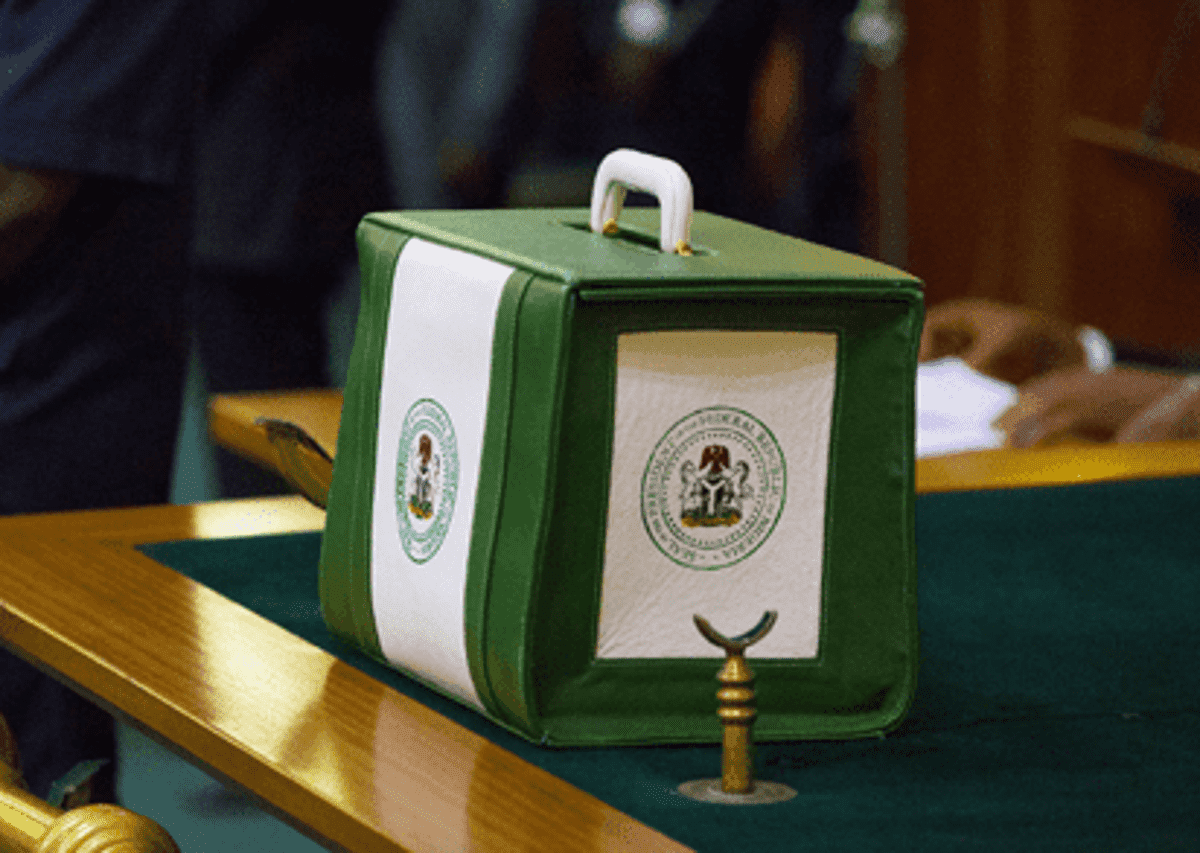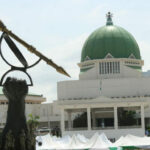We appear to be hobbled by motion masquerading as movement. Here is one instance that motion has possibly overtaken movement in our national planning and development. In its issue of January 22, 2021, TheGuardian newspaper published a front page lead story with this headline that should give our political leaders no sense of self-pride: “FG, states allocate less than 5% to agric.”
In the current federal budget, agriculture was allocated a measly 1.73%. Three disconcerting facts flow from this. One, there is not enough money to meaningfully commit to agricultural development. Whatever plans the government has on paper would be held in limbo. It does not require much thinking to appreciate the fact that if words do not match actions on ground, a problem looms in the shape of disaster.
- APC: No more endorsement of candidates from Abuja – Buhari
- Onyema, Air Peace boss to intervene in farmers-herders crisis
Two, farmers, according to the newspaper, “accuse the government of (paying) lip service to economic diversification.” That the government is seen to be paying lip service to our economic diversification is a greater calamity than you might think. It means that in the foreseeable future, Nigeria would still remain a monocultural economy, dancing swange to the drum beat of the shenanigans of the crude oil market with horrendous implications for our national development.
Three, Nigeria has failed to lead other African nations in giving effect to the Maputo and Malabo declarations by African leaders under the auspices of the AU in 2003 and 2014, respectively. In those declarations, Africans leaders committed themselves to enhanced agricultural development among member-nations to avert the looming disaster of their falling prey to the new variant of colonialism known loosely as food colonialism. Nations that cannot feed themselves cannot claim to be truly independent. In the Maputo declaration, the AU committed member-nations to allocate at least ten per cent of their annual national budget to agriculture. They reiterated this in the Malabo declaration of 2014. They urged themselves, according to TheGuardian’s informed report, “to create and enhance necessary appropriate policy and institutional conditions and support systems for facilitation of private investment in agriculture, agri-business and agro-industries by giving priority to local investors.”
I do not know what other African countries have made of these well-intentioned declarations but I would not be surprised to see that some of them have moved well ahead of our country. Nigeria is losing its continental leadership on several fronts, including education, although if you go by the number of universities in the country, you would be hard put to suspect that with the annual budgetary allocation of between eight and ten per cent, we are at the bottom of relatively poorer African countries that meet and even surpass the UNPD stipulation of 30% to education. But there is no disputing the degree of motion in both agriculture and education.
The problem is the patent lack of movement that should take the country from point A to point B. Progress is not measured in words, no matter how sweet or pious they might sound. It is made with movement as a function of commitment and determination to achieve certain results. This country should not be lumbering and looking down into the dark abyss of a state that cannot take good care of itself. If we have had movement rather than motion anchored on sustainable policy initiatives all these, I am sure that a lot of things would have yielded place to new things – and our country would be better for it. Well, I would be willing to bet we would not be wearing this crown of many ugly colours as the poverty capital of the world.
It is a great pity that we have made little progress in diversifying the national economy. The need for it has been on the front burner with our economic planners for as long as anyone can remember. Blame crude oil but do it kindly. It became the change agent of our national fortune. It poured petro-dollar into our national coffers and fuelled our national development. Private pockets bulged with local and foreign currencies and a growing tribe of money men known as millionaires most of whom have morphed into a new club as billionaires, emerged. Our country, if you need me to spell it out, became wealthy. Good-bye agriculture.
But our leaders knew, even as the petro-dollar rolled in, that it would be foolish for the country to count on crude oil being there for us for ever. It is a depleting asset. It is not impossible for an oil-producing nation to wake up on a bad morning to see that the oil wells had suddenly dried up. In our case, it would mean that our national treasury would be short of a full 80% of its revenue. Ever thought of the word doom?
To prevent such a calamity, our leaders knew that we would need a back-up source of national revenue such that if either the oil wells dry up or the oil-consuming nations buy less oil from us, our national economy would remain unshaken. Our leaders identified agriculture as the most viable back-up system of our national wealth. Crude oil wealth displaced agriculture. Because of crude oil, our country became a net importer of food. Thailand, South Korea, the US and Europe, feed us with their rice, beef, fish and poultry. It would be a sweet revenge for agriculture to take back its pride of place once more by feeding us and providing the raw materials for our agro-industries. Despite our oil wealth, agriculture is still the source of livelihood for 75% of our national population. You cannot toy with that huge number and expect anything less than calamity to befall the nation.
You need the oil money to effect the diversification of the economy. This would require ploughing part of it into agriculture. Our successive leaders in agbada and khaki, promised to do just that. But here we are, caught up in the spiral of duplicity. The absence of whole truth has caught up with us. We now know that the economy has not been diversified. It remains tied almost entirely to crude oil. Crude oil is progressively giving us much less money every year. The dwindling oil revenue dims the prospects of sparing a huge chunk of the petro-dollar for agriculture. Wahala.
So, here we are with our agriculture still the full business of our peasant farmers who receive little to no serious help from federal and state governments. I was aware of the various efforts made to turn around the fortunes of agriculture in the past, such as Operation Feed the Nation and Green Revolution. But the absence of a consistent and sustainable national agricultural development policy has seen to its stunted growth and made our country poor and hungry. The giant of Africa is a humbled giant. A hungry giant is a helpless giant.

 Join Daily Trust WhatsApp Community For Quick Access To News and Happenings Around You.
Join Daily Trust WhatsApp Community For Quick Access To News and Happenings Around You.


